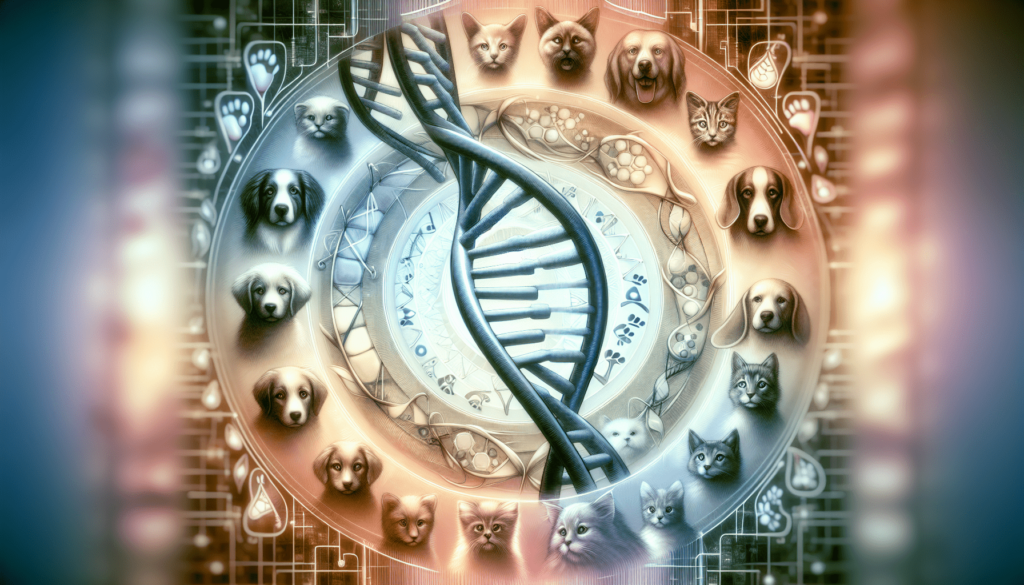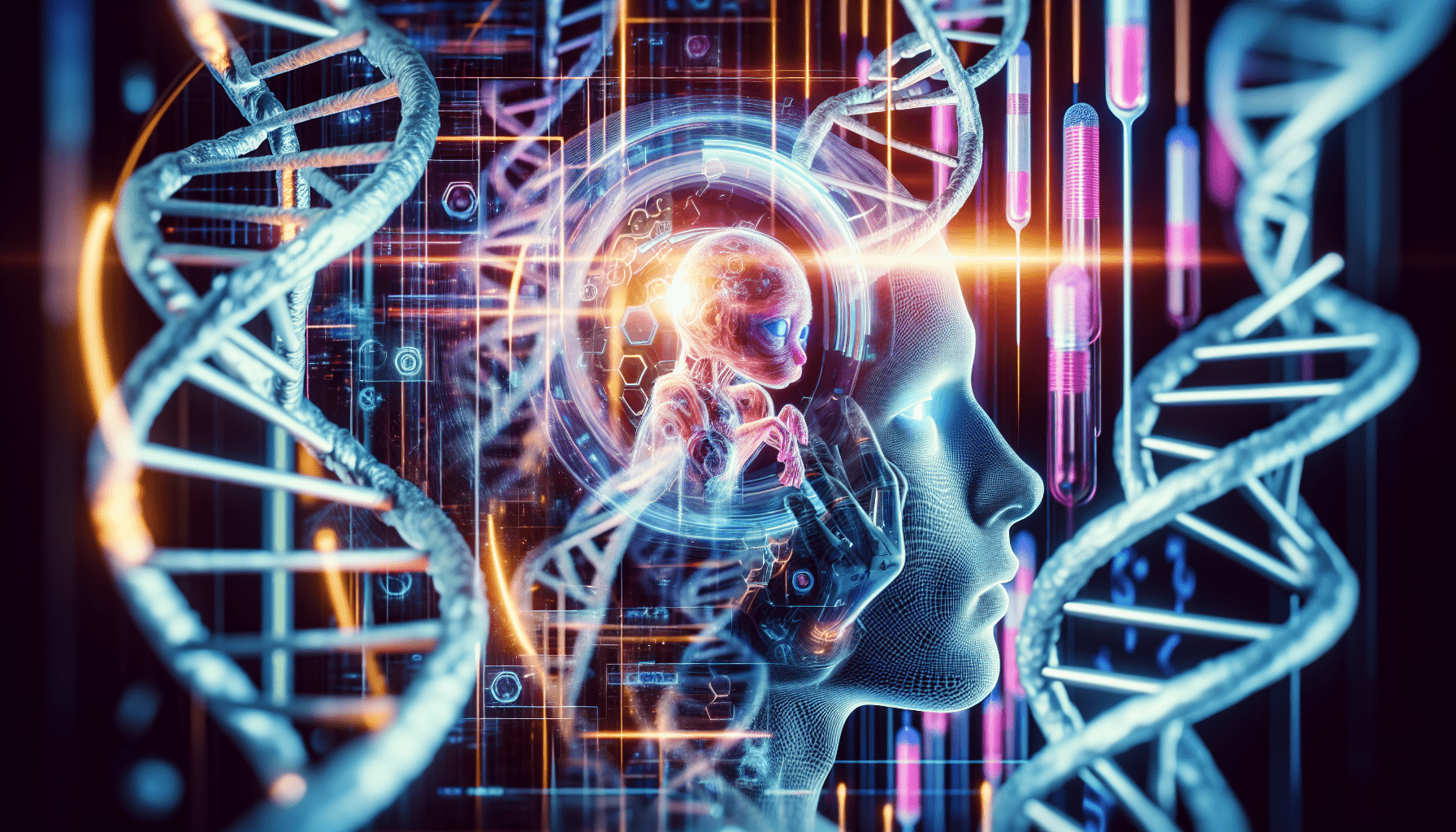Have you ever wondered about the ethics of pet cloning?
Cloning, as a concept, has often sparked controversy and ethical debates. When it comes to pets, the idea of cloning can be even more emotionally charged. In this article, we will delve into the complex world of pet cloning and explore the ethical considerations that come with this cutting-edge technology.
Understanding the process of pet cloning
Pet cloning involves creating a genetic copy of a pet by transferring its DNA into an egg cell that has had its genetic material removed. This egg cell is then implanted into a surrogate mother who carries the cloned embryo to term. The result is a new animal that is an identical twin of the original pet.
Cloning can be a promising option for pet owners who are grieving the loss of a beloved companion and wish to have them back in their lives. However, the process of pet cloning is not without its challenges and ethical implications.
Ethical concerns surrounding pet cloning
One of the primary ethical concerns surrounding pet cloning is the question of whether it is morally justifiable to clone animals for the purpose of companionship. Some argue that cloning a pet is a form of playing “God” and interferes with the natural order of life and death. Others worry about the welfare of the animals involved in the cloning process, including the surrogate mother and any additional animals used in the procedure.
It is also important to consider the impact that pet cloning may have on the human-animal bond. Will a cloned pet truly be the same as the original, or will it lack the unique personality and characteristics that made the original pet so special? These are all important questions to consider when contemplating the ethics of pet cloning.

The role of technology in pet cloning
Advancements in technology have made pet cloning more accessible and affordable for pet owners. Companies like ViaGen Pets offer pet cloning services to customers who wish to replicate their beloved pets. While the technology behind pet cloning is impressive, it also raises ethical concerns about the commercialization of animals and the implications of treating pets as commodities.
In addition to pet cloning, there are other technological advancements in the field of animal genetics that raise ethical questions. For example, gene editing tools like CRISPR-Cas9 have the potential to eradicate genetic diseases in animals, but they also open the door to genetic manipulation and the creation of designer pets. As technology continues to evolve, it is important to consider the ethical implications of these new innovations.
Alternatives to pet cloning
While pet cloning may seem like an attractive option for some pet owners, it is important to consider alternative ways to honor the memory of a beloved pet. One alternative is to adopt a new pet from a shelter or rescue organization. By providing a loving home to a pet in need, you can make a positive impact on the lives of animals and create new memories with a furry friend.
Another option is to create a memorial for your pet, such as planting a tree or setting up a plaque in their honor. Remembering your pet in a meaningful way can help you cope with the loss and keep their memory alive.

The future of pet cloning
As technology continues to advance, the future of pet cloning remains uncertain. While some pet owners may see cloning as a way to preserve the bond with their pets, others may view it as a controversial and ethically questionable practice. It is important to have open and honest discussions about the ethics of pet cloning and to consider the implications of this technology on animals and society as a whole.
In conclusion, the ethics of pet cloning are complex and multifaceted. While the idea of bringing back a beloved pet may be appealing, it is important to consider the broader implications of cloning on animal welfare, human-animal relationships, and society as a whole. By exploring these ethical considerations, we can better understand the impact of pet cloning and make informed decisions about the future of this technology.

